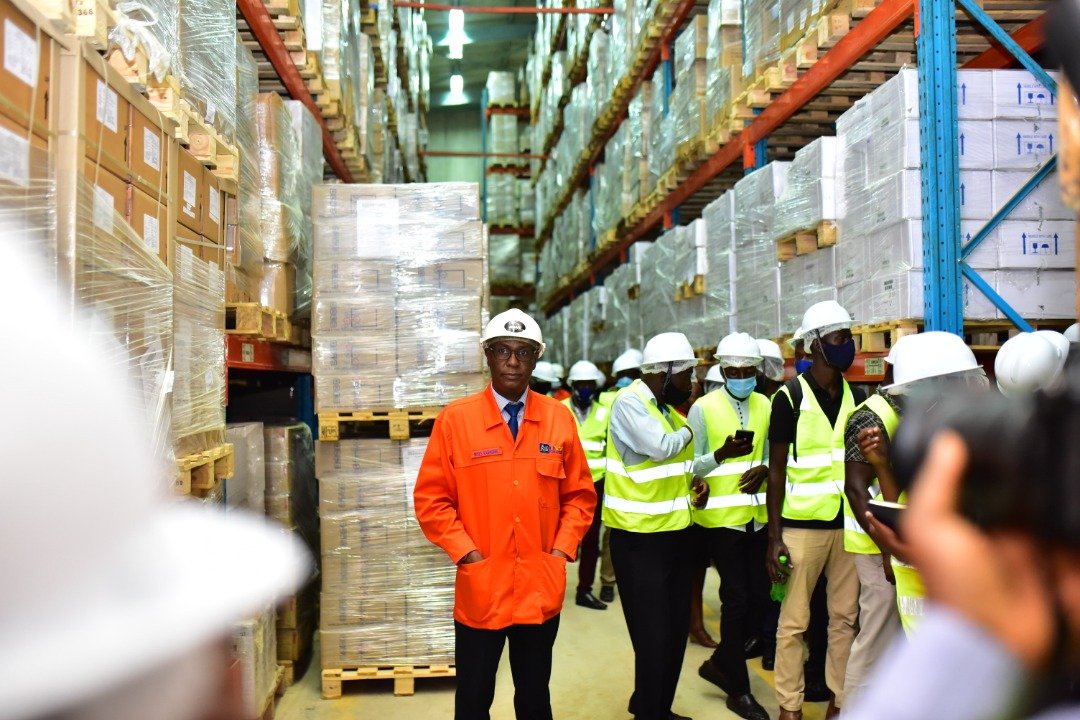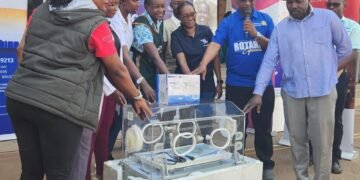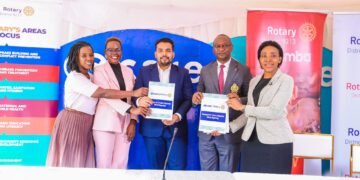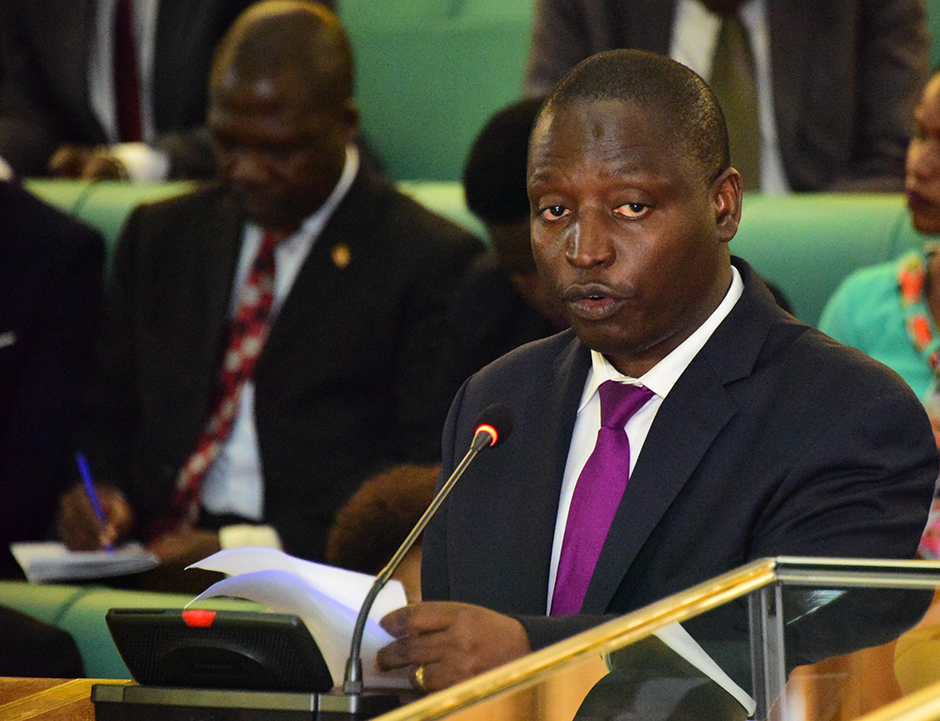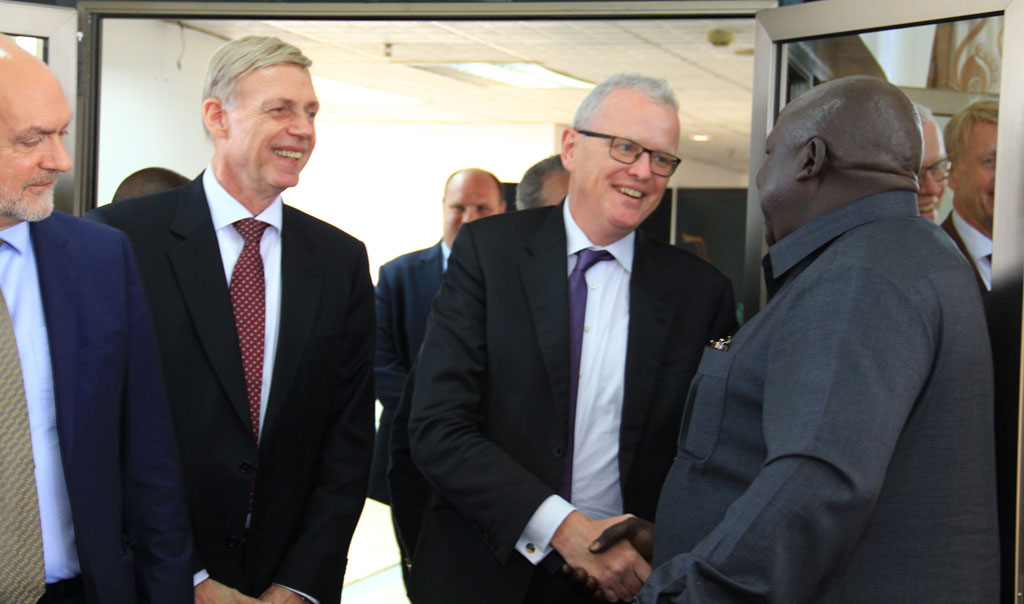Ten years ago, the National Medical Stores (NMS) would receive orders for medicine deliveries from the administrators of healthcare facilities on paper.
Orders would frequently be placed incorrectly, and occasionally these papers would go missing.
Even more so, paper-based tasks required so much time and effort.
In order to digitize the healthcare supply chain, NMS and USAID collaborated to develop the NMS+ enterprise resource planning (ERP) system.
The daily operations of purchasing, accounting, and ordering medications from NMS are now digitalized.
NMS+ has already received praise from Dr. Charles Ayume, chair of the parliament’s health committee, who said that it “enhances accountability in the drug supply chain system across all health facilities in the country” by enabling medical facilities to obtain medications online.
Stephen Kisuuze, the IT director of NMS, claims that the system is assisting in streamlining and accelerating the distribution of medicinal medications and removing delays brought on by antiquated technology.
More than 3,400 public health facilities in Uganda are digitally connected to NMS through the ERP, enabling them to place online orders for medical supplies.
While there is a tracking device to monitor the passage of pharmaceuticals from storage to the final consumer, the USAID-funded system is projected to reduce occurrences of drug theft at the level of health facilities.
Concerns have been raised about rural areas’ access to the internet. But, according to NITA-U Executive Director Dr. Hatwib Mugasa, the government organization has teamed up with other partners to give remote hospitals access to electricity and the internet.
In the next five years, all healthcare facilities should be able to use the contemporary system, boosting transparency in the administration of government medications in public healthcare facilities, thanks to the collaboration of government agencies.
The NMS+ system system also responds to the allegations that NMS sent empty drug boxes to the numerous health establishments listed on the system.
This is due to the fact that their distribution method uses a delivery note in triplicate that both the district health officer and the health center in charge must sign and keep.
The NMS+ system gives NMS access to vital real-time data that will help with planning the purchase of medical supplies.
By the end of 2022, 1,621 of the 3,400 facilities had already started ordering their necessary medications and medical supplies through the NMS+. With U.S. help, NMS had also taught more than 7,500 health workers on how to use the system.
Since then, the American government has praised the system.


